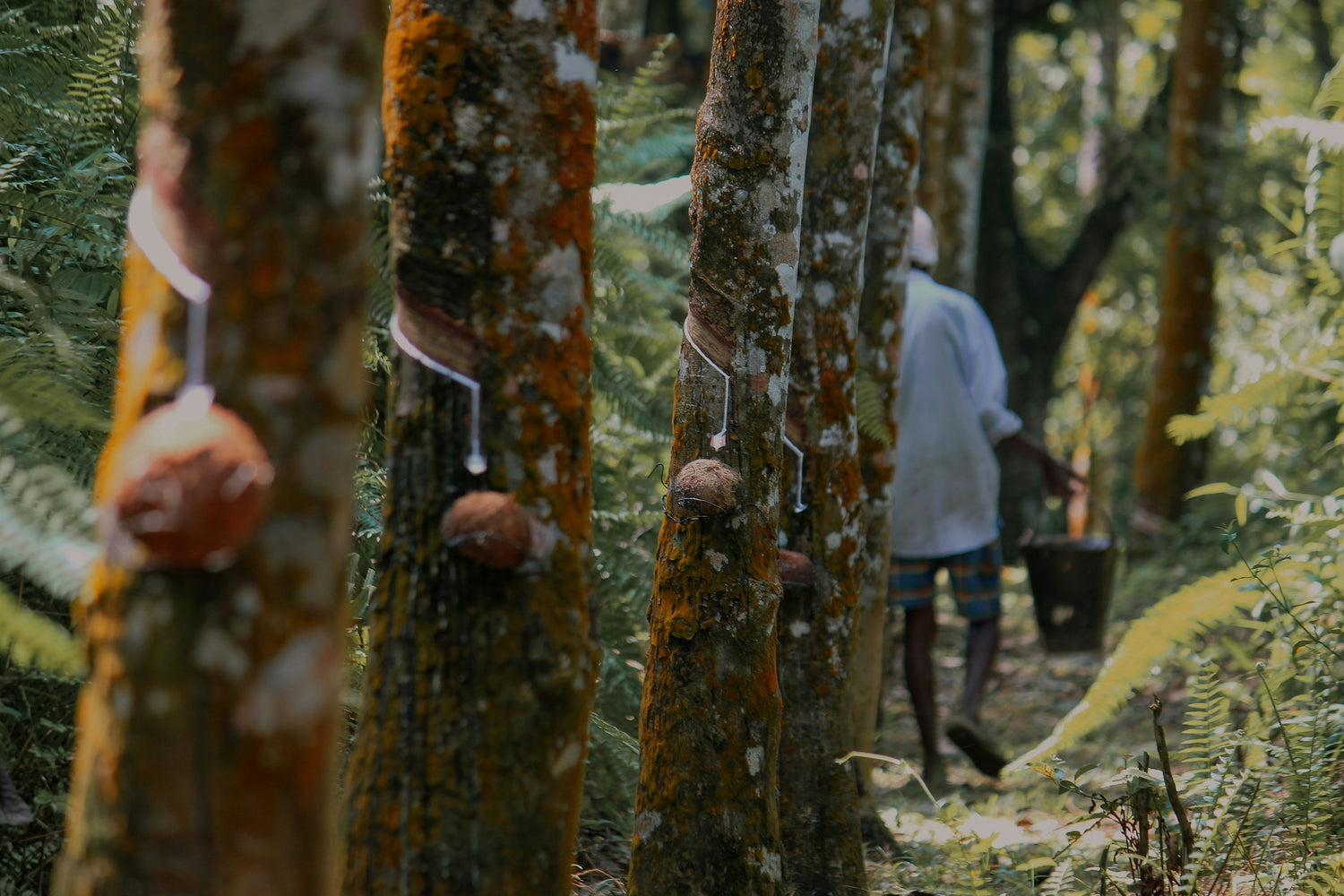Certifications
In 2008, Lifekind became the first mattress manufacturer in America to offer a Global Organic Textile Standard (GOTS) certified organic mattress.
Later, in 2013 we were the first to offer mattresses and bedding certified to the Global Organic Latex (GOLS) standard.
In 2015, our organic mattress was the first to achieve GREENGUARD Gold certification – UL’s highest standard for low emissions, VOCs and indoor pollutants.
In 2023 Lifekind mattresses became the first organic mattresses and bedding to achieve SCS' Indoor Advantage Gold Certification for low indoor emissions.
-
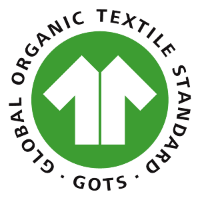
Global Organic Textile Standard ("GOTS") #CU823400
Annual CertificationThe Global Organic Textile Standard (GOTS) is a widely recognized and respected certification for organic fibers and textiles, including clothing, bedding, and household goods. The certification process covers the entire supply chain, from sourcing of organic raw materials to final product, ensuring strict standards are met for the production of organic textiles. These standards include requirements for certified organic fibers, environmentally friendly production processes, and fair labor practices. To be certified, products must meet minimum organic content requirements, have traceability and proper labeling, and undergo regular audits for compliance.
-
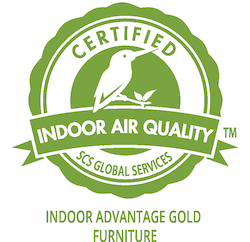
Indoor Advantage™ Gold #SCS-IAQ-09458, #SCS-IAQ-09459
Annual CertificationSCS Global Services' Indoor Advantage Gold Certification is a premier program dedicated to assessing the indoor air quality of low-emitting interior products. Participation in this program signifies a manufacturer's commitment to creating healthier indoor environments by producing low-emission products. The highest-performing products earn the esteemed 'Gold' seal, which transparently communicates a product's top-tier indoor air quality performance.
One of the most notable attributes of the Indoor Advantage Gold program is its widespread recognition across various green building rating systems and programs, including LEED and others.
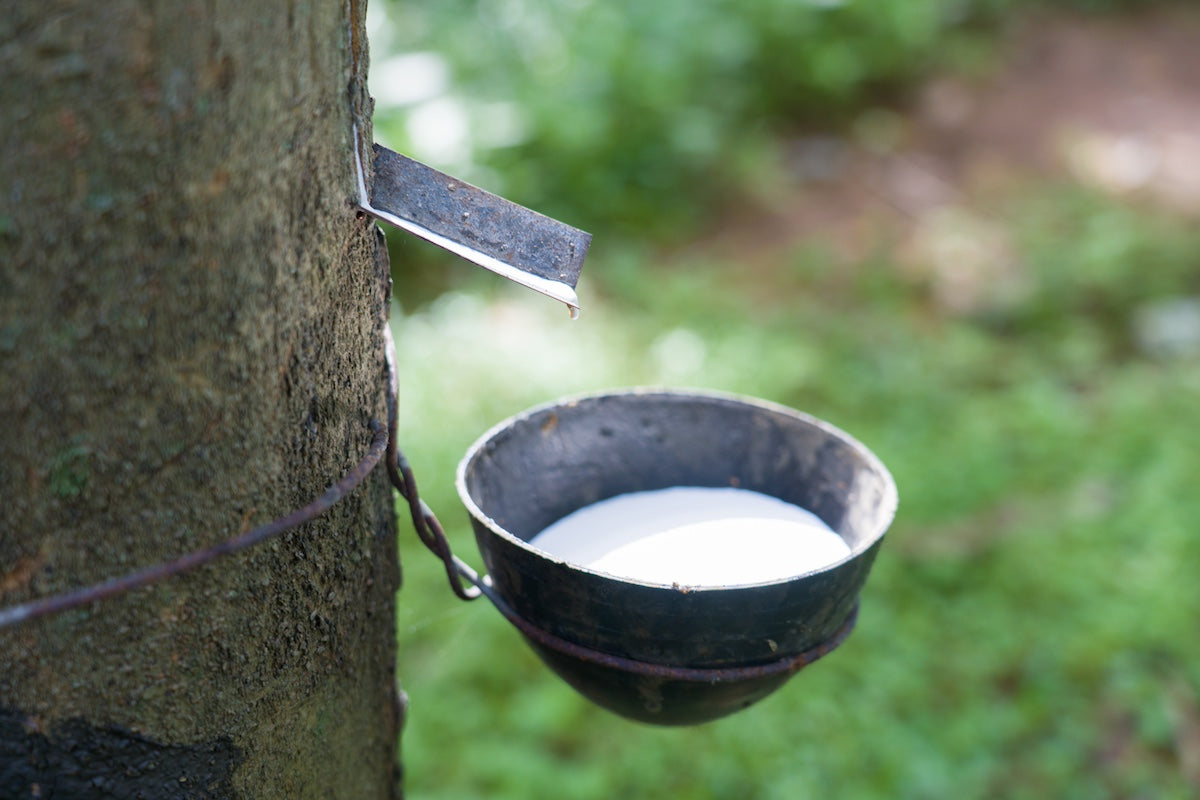
Certified Organic Latex
Sustainably sourced from USDA certified plantations, organic botanical rubber sap is extracted from rubber trees. After extraction, the sap – also known as latex – undergoes a heat-treatment process to create a durable "core" suitable for mattresses, pillows and more.
Organic latex offers durability, comfort, and responsive support. Its natural cooling properties ensure a comfortable sleeping experience.
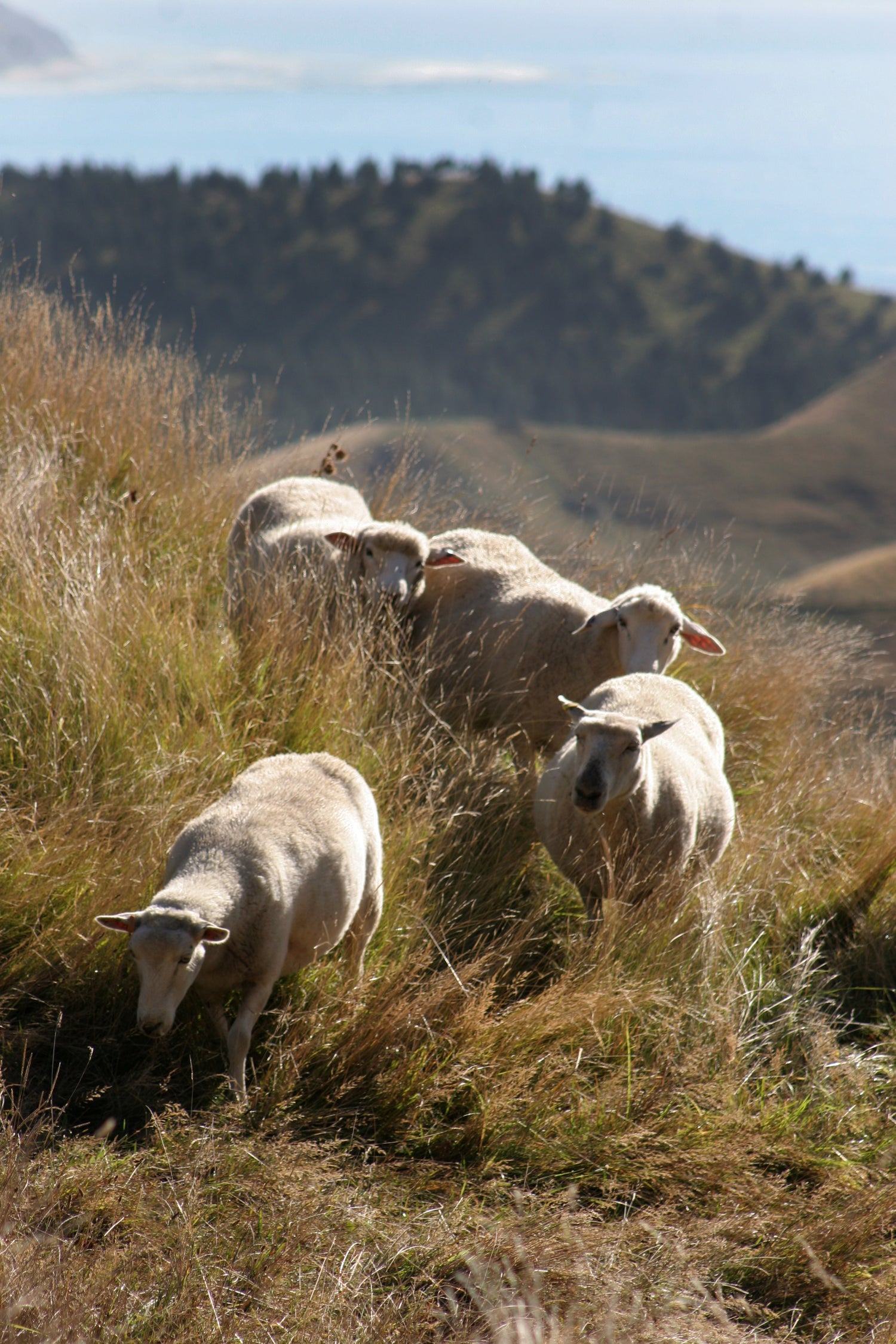
Certified Organic Wool
The certified organic wool used in Lifekind mattresses and bedding products is sourced from New Zealand, where family and commercial farmers adhere to strict standards in order to assure the certified purity of their fibers. Organic pastures and grazing grounds, minimal processing and humane shearing practices (along with other requirements) contribute to the organic standard, to which our wool is certified. Certified organic, New Zealand wool is limited in production and fibre must be sourced years in advance.
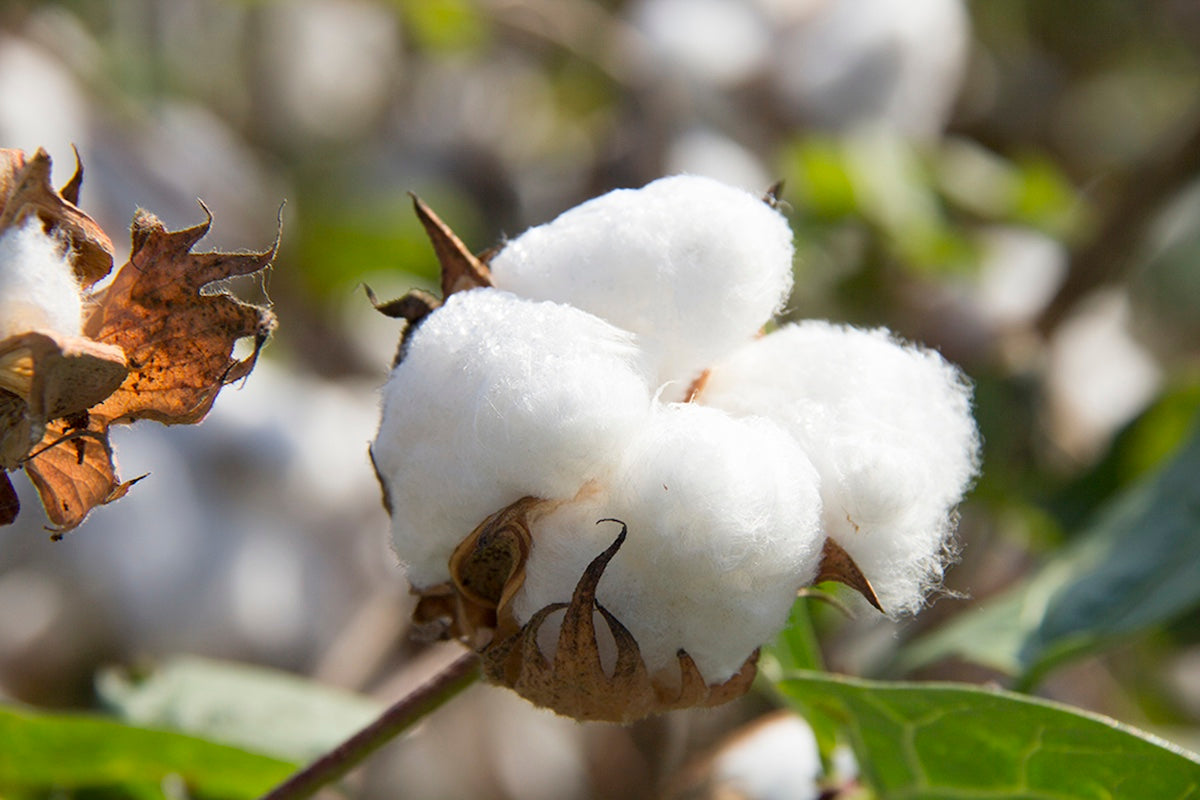
Certified Organic Cotton
Certified organic cotton knit and woven fabrics are made from the highest quality, organic cotton fiber available. Organic cotton fabrics are exceptionally soft and naturally beautiful.
Luxurious and durable, organic cotton fabrics feel great against your skin and perform exceptionally well over time, tending not to snag, tear, rip or stain, even after many years of normal use.
Environmental Commitment
At Lifekind, we are steadfast in our dedication to environmental responsibility and sustainability. As a GOTS (Global Organic Textile Standard) certified manufacturer, we recognize the profound impact our industry can have on the planet and its inhabitants. Therefore, we proudly declare our commitment to the following principles:
Organic and Sustainable Sourcing
We prioritize the use of organic materials in our manufacturing processes, ensuring that our entire supply chain adheres to the rigorous standards set by GOTS. By selecting sustainable raw materials, we aim to reduce our ecological footprint and contribute to a healthier planet.
Ethical Manufacturing Practices
Our commitment extends beyond materials to ethical manufacturing. We uphold fair labor practices, fostering safe and inclusive working environments for all employees. By doing so, we not only meet GOTS requirements but also contribute to the well-being of the global community.
Reduced Environmental Impact
We actively work to minimize our environmental impact by implementing energy-efficient practices, reducing water consumption, and optimizing waste management. Our goal is to continuously improve our processes, embracing innovation to lessen our ecological footprint.
Transparency and Accountability
We believe in transparency as a cornerstone of responsible business. Our GOTS certification signifies our commitment to accountability and compliance with industry-leading standards and regular third-party auditing. We openly share information about our practices, allowing our customers, suppliers to make informed choices that align with their values.
Circular Economy Initiatives
Embracing a circular economy approach, we strive to extend the lifecycle of our products. This includes promoting repair, reuse, and recycling programs to minimize waste and contribute to a more sustainable and circular fashion industry.
Community Engagement
We strive to actively engage with our local and global communities, supporting initiatives that align with our commitment to environmental stewardship. Through partnerships, education, and outreach, we aim to inspire positive change and raise awareness about the importance of sustainable practices.
At Lifekind, our organic certification is not just a label; it's a symbol of our unwavering commitment to environmental integrity. As we continue on this journey, we invite our customers, partners, and stakeholders to join us in building a future where products and sustainability coexist harmoniously. Together, we can make a meaningful impact and pave the way for a more sustainable and resilient world.




